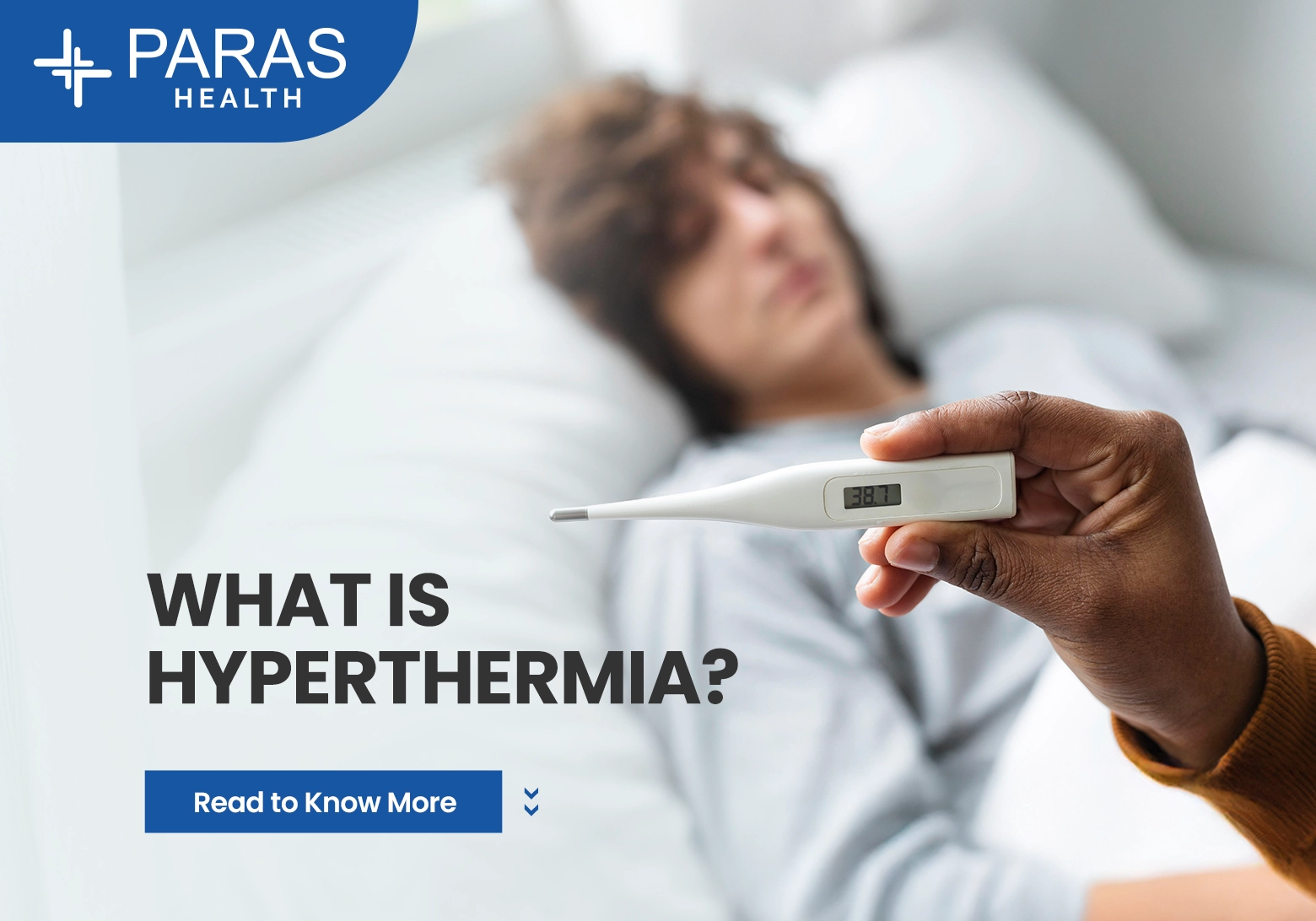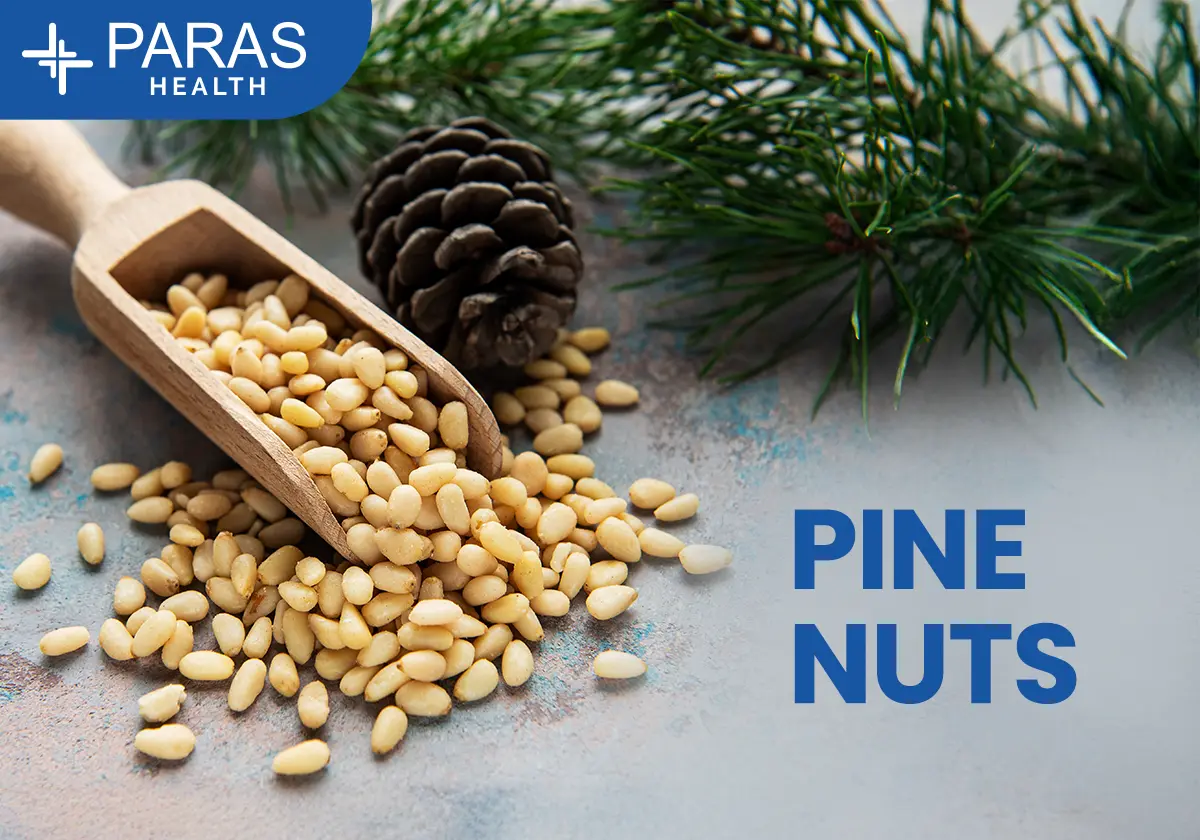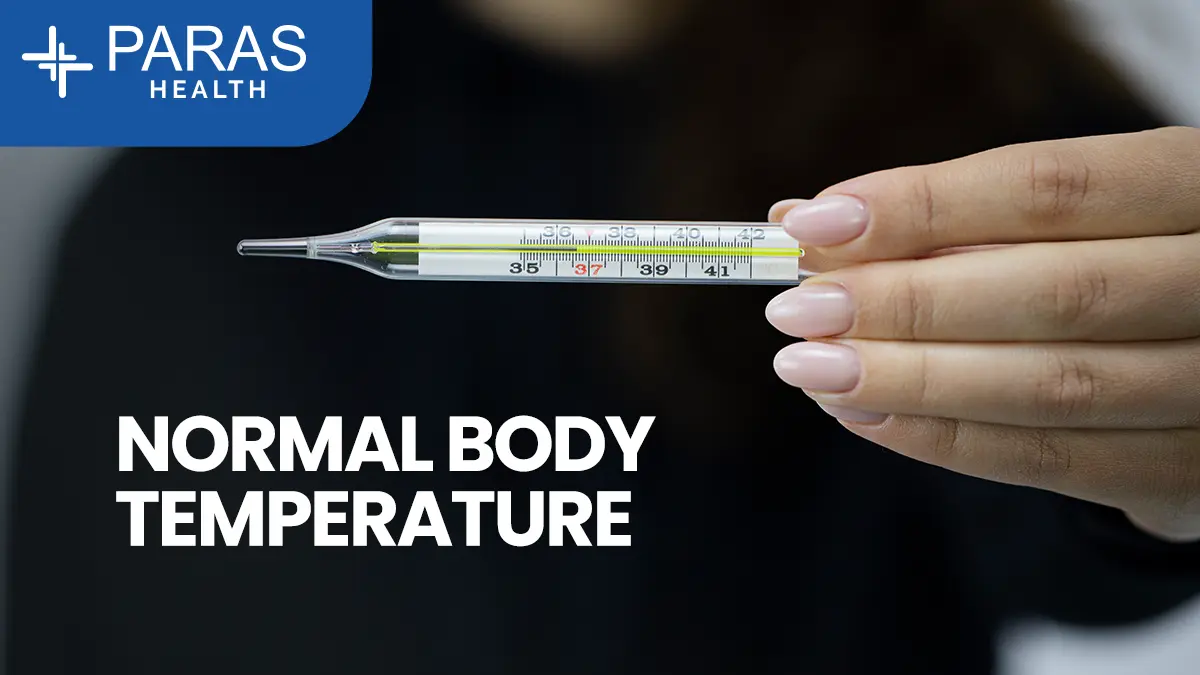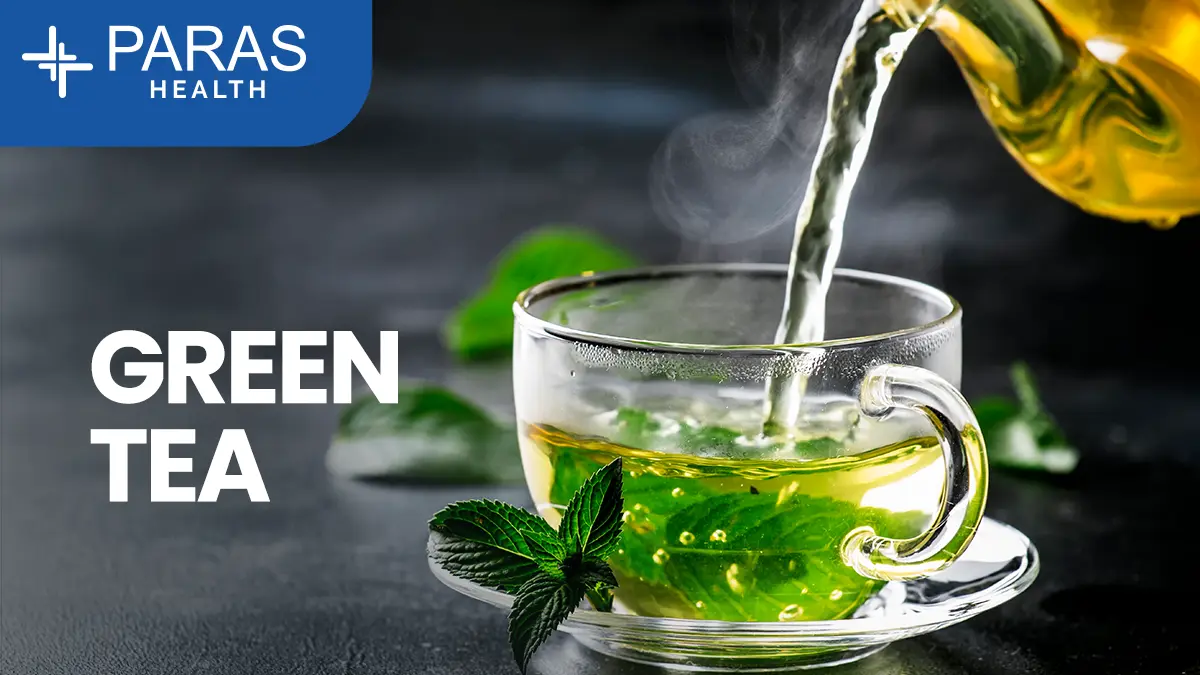What is Hyperthermia? Causes, Symptoms, Treatment & Prevention
Aug 04, 2025
Introduction – Understanding Hyperthermia
Imagine it’s a hot summer day, and you’ve been outdoors for hours—walking, playing, or working. You start to feel lightheaded, your skin becomes uncomfortably hot, and you can’t seem to cool down no matter what you do. You may even stop sweating altogether. This could be a warning sign of hyperthermia—a condition where the body overheats and struggles to bring its temperature back to normal.
Hyperthermia is more common than you might think, especially in regions with extreme summers, high humidity, or intense physical activity. It’s not just a “summer problem”—certain jobs, sports, and medical conditions can also trigger it. And if it’s not recognized early, it can become life-threatening.
This blog explains what hyperthermia is, how it happens, the warning signs, types, treatment options, and how to prevent it. Whether you’re an athlete, a parent, a senior, or someone working outdoors, this information can help you stay safe.
What is Hyperthermia?
Hyperthermia means dangerously high body temperature due to failed heat regulation. Normally, your body cools itself through sweating, increased blood flow to the skin, and evaporation. But when these systems are overwhelmed—due to heat exposure, high humidity, or excessive exertion—the core body temperature rises above the safe limit.
- Normal body temperature: 36.5°C – 37.5°C (97.7°F – 99.5°F)
- Hyperthermia threshold: Above 38°C (100.4°F)
- Life-threatening level: Above 40°C (104°F)
Unlike fever, which is triggered by the immune system to fight infection, hyperthermia is an uncontrolled rise in temperature caused by external or internal factors.
Difference Between Hyperthermia and Fever
|
Feature |
Fever |
Hyperthermia |
|
Cause |
Infection or inflammation |
External heat, overexertion, humidity |
|
Mechanism |
Body raises temperature intentionally |
Body loses ability to cool itself |
|
Skin |
Warm but often moist |
Hot, can be dry in severe stages |
|
Treatment |
Treat infection |
Cool body, rehydrate, avoid heat source |
Types of Hyperthermia
Hyperthermia has several forms, ranging from mild to life-threatening:
1. Heat Cramps
- Mildest form; occurs after heavy sweating.
- Caused by loss of salt and minerals.
- Symptoms: Painful muscle cramps, fatigue, thirst.
- Common in athletes, outdoor workers.
2. Heat Exhaustion
- More severe; happens when the body loses too much water and salt.
- Symptoms: Heavy sweating, weakness, pale skin, nausea, dizziness, headache.
- Often a warning stage before heat stroke.
3. Heat Stroke (Sunstroke)
- Most dangerous form; medical emergency.
- Core temperature above 40°C (104°F).
- Symptoms: Hot, dry skin, confusion, rapid heartbeat, seizures, unconsciousness.
- Can cause organ failure and death if untreated.
4. Malignant Hyperthermia
- Rare genetic reaction to certain anesthesia drugs during surgery.
- Rapid rise in temperature, muscle stiffness, dark urine.
- Needs immediate hospital treatment.
5. Exertional Hyperthermia
- Caused by intense physical activity in hot conditions.
- Common among soldiers, athletes, and laborers.
Causes of Hyperthermia
Hyperthermia can result from:
- Prolonged heat exposure (especially during summer)
- High humidity (reduces sweat evaporation)
- Heavy physical activity without breaks
- Dehydration
- Wearing non-breathable, heavy clothing
- Certain medications (diuretics, antihistamines, antipsychotics, stimulants)
- Alcohol or drug use (impairs heat regulation)
- Pre-existing health conditions (heart disease, obesity, thyroid problems)
Who is at Risk of Hyperthermia?
- Elderly people: Reduced sweating and slower temperature regulation.
- Infants and young children: Immature cooling mechanisms.
- Athletes & manual laborers: High exertion in hot environments.
- People with chronic illnesses: Heart disease, diabetes, obesity.
- Outdoor workers: Farmers, construction workers, delivery riders.
- Individuals without access to cooling: Poorly ventilated homes, no AC.
Symptoms of Hyperthermia
Recognizing early symptoms can save lives.
Early signs:
- Profuse sweating
- Weakness, fatigue
- Dizziness, lightheadedness
- Thirst, dry mouth
- Muscle cramps
Severe signs:
- Hot, dry skin (no sweating)
- Confusion, slurred speech
- Rapid heartbeat, shallow breathing
- Nausea, vomiting
- Seizures
- Fainting or loss of consciousness
Real-Life Example
In 2023, during a marathon in North India, several runners collapsed due to extreme heat. Many were diagnosed with exertional heat stroke—a form of hyperthermia—requiring immediate hospital care. Timely cooling and IV fluids saved lives, but it highlighted how quickly this condition can escalate.
Hyperthermia Diagnosis
Doctors check for:
- Core temperature (rectal thermometer for accuracy)
- Physical exam for dehydration and skin signs
- Blood tests for kidney and liver function
- In suspected malignant hyperthermia: muscle biopsy and genetic testing
Treatment for Hyperthermia
First Aid at Home or Outdoors
- Move the person to a shaded or cool area.
- Loosen or remove excess clothing.
- Apply cold, wet cloths or ice packs to armpits, neck, groin.
- Fan the person to enhance cooling.
- Offer cool (not ice-cold) water if they’re conscious.
- Avoid caffeine and alcohol.
- If symptoms worsen, call emergency services immediately.
Hospital Care
- IV fluids for rehydration
- Cooling blankets or cold-water immersion
- Oxygen therapy for breathing support
- Medications for seizures or organ protection
Complications of Untreated Hyperthermia
- Kidney or liver failure
- Brain swelling (cerebral edema)
- Heat stroke coma
- Permanent disability
- Death in severe, untreated cases
Prevention of Hyperthermia
Daily Precautions
- Stay hydrated—drink before you feel thirsty.
- Wear light-colored, breathable fabrics.
- Avoid outdoor activities during 12 pm to 4 pm.
- Take regular breaks in shaded areas.
- Use fans or air-conditioning in extreme heat.
For Athletes & Outdoor Workers
- Gradually acclimatize to hot environments.
- Schedule workouts or tasks early morning or late evening.
- Wear hats or caps to reduce direct sun exposure.
- Use electrolyte drinks during prolonged activity.
For High-Risk Groups
- Check on elderly relatives during heat waves.
- Keep children indoors during extreme heat.
- Ensure pets have shade and water.
Hydration & Nutrition Tips
- Water: 2–3 liters per day; more in hot weather.
- Electrolytes: Coconut water, oral rehydration salts (ORS).
- Fruits: Watermelon, cucumber, oranges.
- Avoid high-sugar energy drinks—they can worsen dehydration.
Frequently Asked Questions (FAQs) About Hyperthermia
Q1: What temperature is considered hyperthermia?
Above 38°C (100.4°F) is considered hyperthermia. Above 40°C (104°F) is an emergency.
Q2: Is hyperthermia the same as heat stroke?
No. Heat stroke is the most severe stage of hyperthermia.
Q3: Can hyperthermia happen indoors?
Yes, in poorly ventilated rooms without cooling, especially for elderly or bedridden patients.
Q4: Can children get hyperthermia faster?
Yes, because they have immature heat regulation systems.
Q5: How quickly can hyperthermia become fatal?
In severe cases, within 30–60 minutes without treatment.
Q6: Can medications trigger hyperthermia?
Yes—some psychiatric, heart, and allergy medicines can impair cooling.
Q7: Is there a way to build heat tolerance?
Yes—gradual exposure and proper hydration help, but it’s not foolproof.
Q8: Can you get hyperthermia in cold weather?
Rare, but possible during intense exercise in insulated clothing.
Q9: What’s the first thing to do if someone collapses from heat?
Move them to a cool place, cool the body, call emergency services.
Q10: Can hyperthermia cause permanent damage?
Yes, severe untreated cases can cause brain, kidney, and liver damage.
Key Takeaways
- Hyperthermia is not fever—it’s an uncontrolled rise in body temperature.
- Early recognition and quick cooling are critical.
- High-risk groups must be extra cautious in hot and humid conditions.
- Prevention through hydration, clothing, and scheduling is the best approach.
If you suspect hyperthermia, call emergency medical services immediately.
For expert care, visit Paras Hospital Gurgaon or call 8080808069 for an appointment.









 (1).webp)
